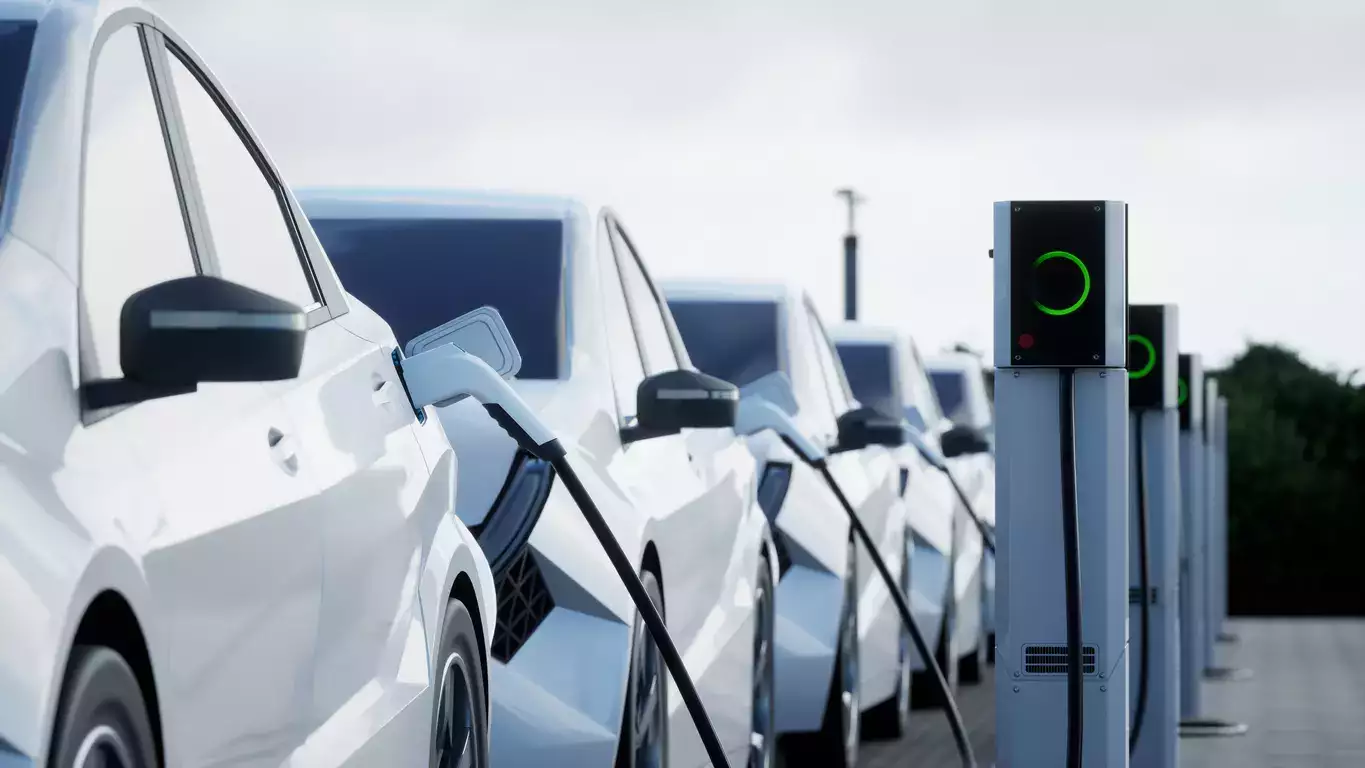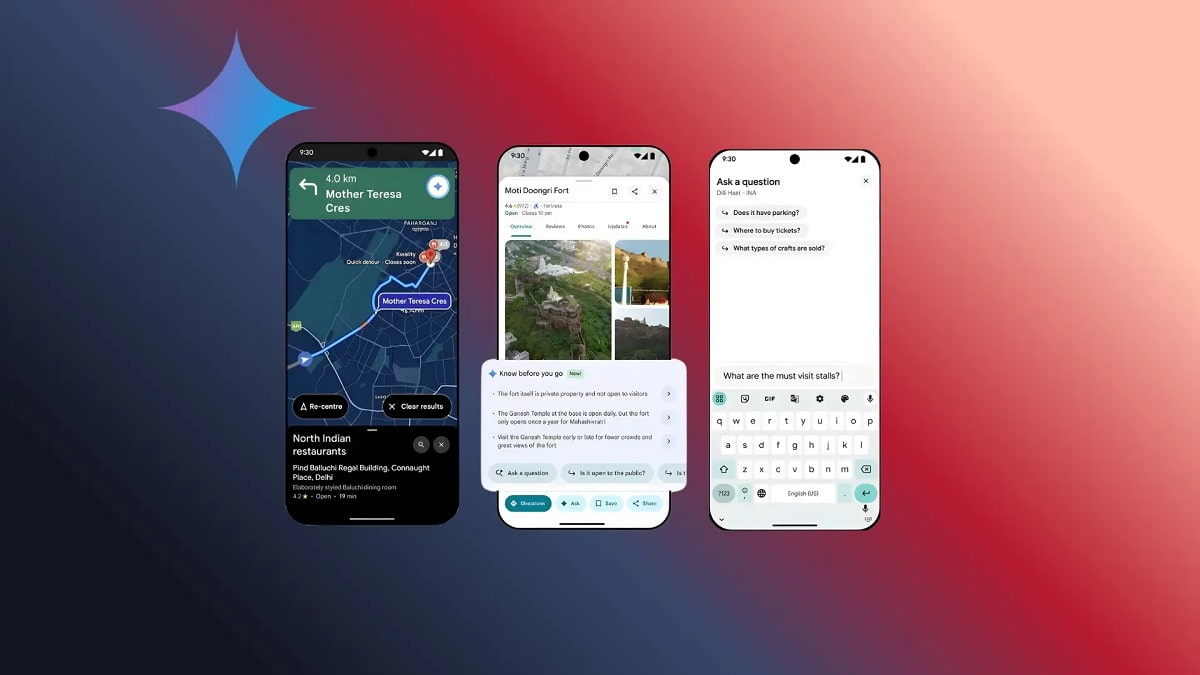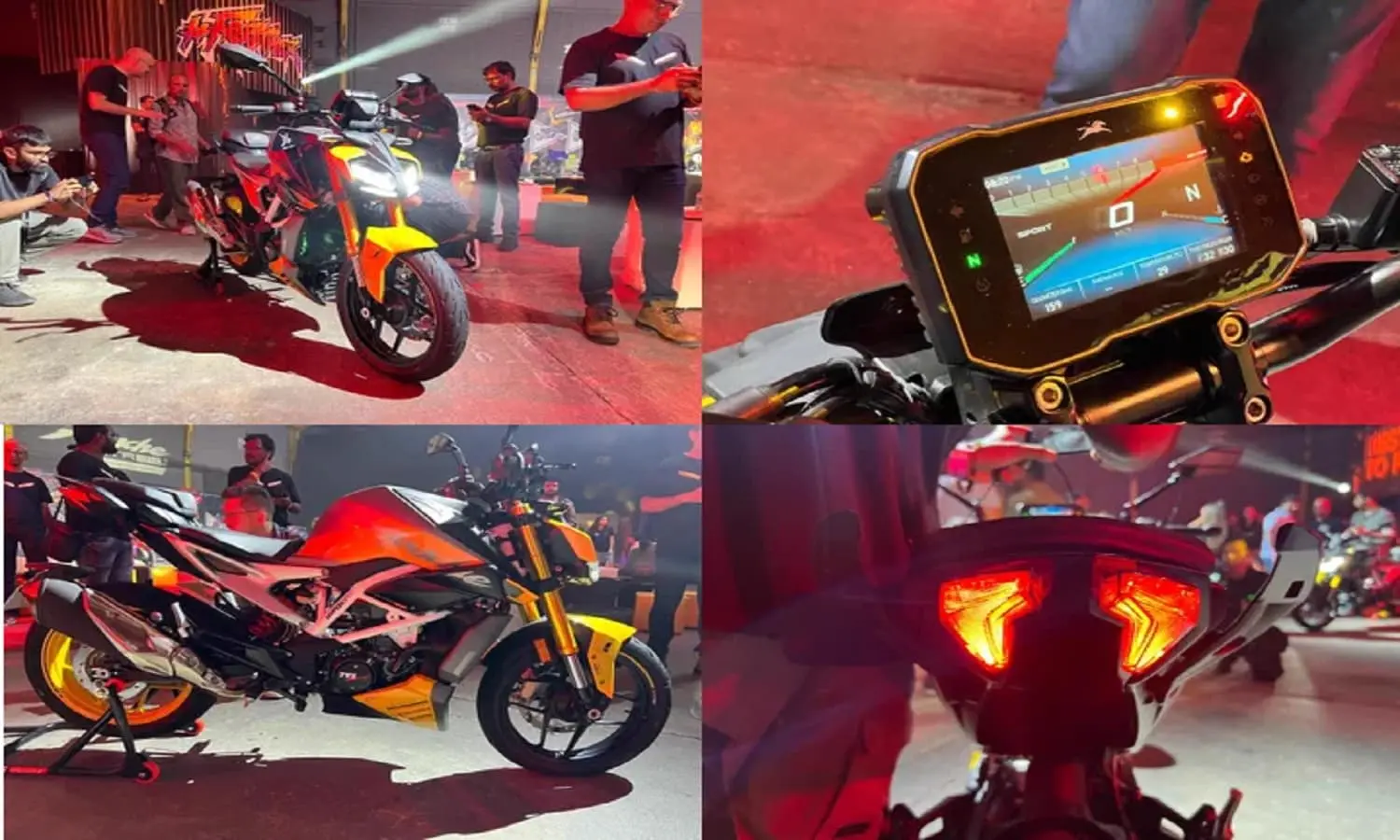Today, many nations have turned their focus towards electric vehicles (EVs) and even considered them as a possible solution for greener transportation of the future. Therefore, India’s large population and rapid urbanization have made it one of the leading countries in the EV market. Especially inspiring is how Indian startups are bringing EVs into the affordable category to help redefine mobility for millions of urban dwellers.
The Growing Need for EVs in India
India is grappling with severe issues, particularly in the areas of pollution, traffic congestion, and the rapidly rising cost of fuel. The population of the country’s cities is growing steadily every year, and cars running on fuel deteriorate the environment. Some of the environmental impacts of an emerging giant international city include air pollution, which has become a growing threat to people’s health, while on the other hand, traffic congestion costs a lot of time and increases fuel consumption. This is an area where electric vehicles can significantly impact the environment.
Conventional petrol and diesel vehicular systems are less environmentally friendly than electric vehicles (EVs). They possess no emission capacity, which makes this kind of vehicle environmentally friendly. However, in the past, people held the belief that electric vehicles were exclusively accessible to the upper class in India, due to their high cost. However, new startups are now dispelling this notion by establishing production lines that aim to create affordable electric cars for the average commuter.
Startups Leading the Charge
A few new-age Indian startups are coming up with electric vehicles at pocket-friendly costs. Its intent is to make the uptake of EVs a reality for a wider client base, including middle- and lower-income earners, by embracing aspects of cost-effective designs and innovation.
- Ola Electric: Speaking of the best Indian EV selling companies, Ola Electric is all set to transform the scooter market globally. Ola has introduced electric scooters that are not only cheap but also have features that will suit the normal city user. Local manufacturing and the achievement of supply chain economies have enabled the company to reduce expenses and compete with conventional gasoline-operated scooter vehicles.
- Ather Energy is another start-up that is making a significant impact in the industry. Ather Energy currently manufactures customized electric scooters for Indian roads and environments. Despite their scooters being more expensive, their focus on producing smart, efficient, and robust electric vehicles is helping to raise awareness of electric vehicles in their home country, India.
- Bounce: Initially established as a dock-less bike-sharing platform, Bounce has now expanded into the electric vehicle market with the introduction of affordable electric scooters. You can either hire these scooters to travel short distances within cities or purchase them for personal use as a mode of transportation. Battery swapping also eliminates a major obstacle to the adoption of electric vehicles: the battery swapping technology used in charging stations.
- Yulu: This startup focuses on micromobility, the rental of small electric two-wheelers. Yulu is now available in the major cities of India, such as Bengaluru and Mumbai, because of the reasonable demand rates and the closeness to the clients. According to Yulu officials, by focusing on short-distance commuters, Yulu is alleviating urban congestion and reducing pollution from vehicle emissions.
Government Support Boosting EV Adoption
The government of India has shown much interest in the development of electric vehicles. Under policies such as the Faster Adoption and Manufacturing of Hybrid and Electric Vehicles (FAME) scheme, the government offers monetary rewards and promotions to both vehicle manufacturers and owners. This has facilitated the perception of electric vehicles as an affordable option for middle-income earners in India.
However, the government is also placing emphasis on infrastructure for these new products, such as the provision of chaThese efforts are necessary because the issue of scarce charging infrastructure, which hinders the large-scale use of EVs, has garnered significant attention, particularly in urban areas. attention, especially in urban areas.
Affordability and Accessibility: The Game Changer
Cheap and affordable EVs are the heart of India’s future electric car revolution. Entrepreneurs understand that Indian consumers are highly sensitive to pricing, and most emerging firms prioritize creating products that appeal to the market without posing significant market risk. Through their competitive prices and new systems like swapping batteries, they are making EVs accessible to millions of people in India.
Furthermore, budget plans and the process of becoming an electric vehicle subscriber are no longer issues in today’s world. This is even more crucial in a country in which a large number of consumers chose to buy a cheap product.
The Future of Urban Mobility
The evolution of affordable electric vehicles in India is not a question of eradicating pollution or the costs of fuel. It is about developing a sustainable means of transport for use by the people in the urban centers. Startups leading this transformation are offering solutions that are affordable, accessible, and generating new value from the ground up.
As cities expand and the need for eco-friendly transport intensifies, it is likely that electric vehicles will become increasingly prominent on Indian roads. Thus, backed by government policy interventions, the progress made in the fields of technology, and the promotional efforts of fledging startups, India’s affordable EV evolution is poised to rewrite the rule book of electric mobility in the Indian cities of the future.




